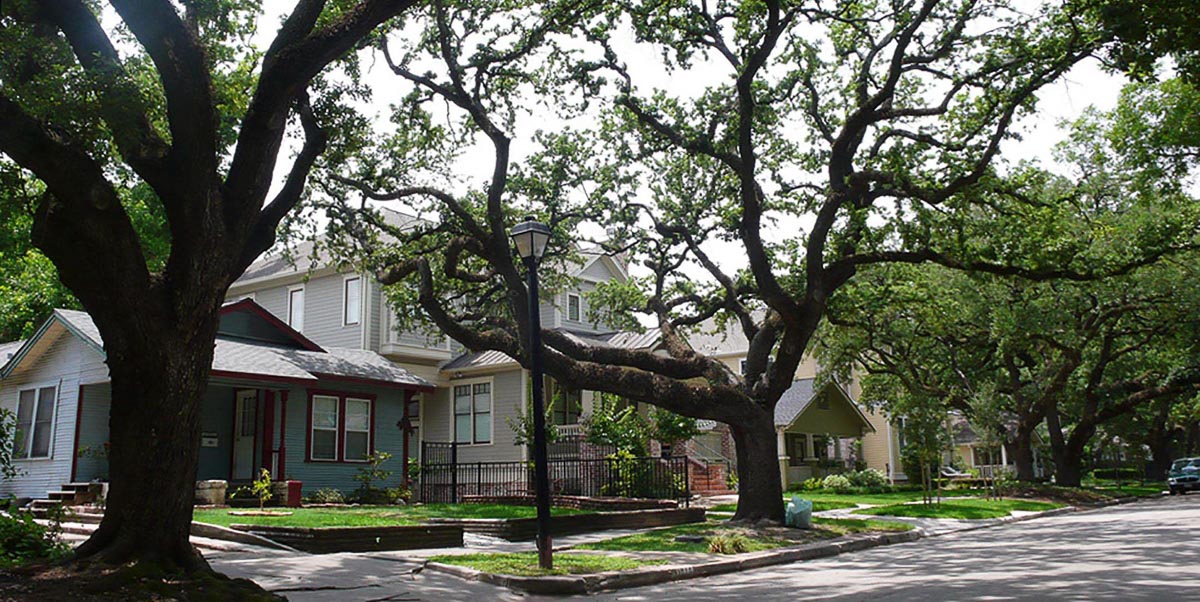This article was originally published by LISC Houston.
Houston was already facing an affordable housing crisis before Hurricane Harvey hit, but the resulting catastrophic flooding exacerbated the city’s housing predicament. How can Houston leverage the unprecedented disaster recovery resources flowing into the region to address this challenge and to become a more resilient city?
On March 27, 2018, local and national experts joined us at a half-day event to discuss how Houston is responding to and recovering from Hurricane Harvey, and how we can think more broadly about both our response to acute disasters and our plans for long-term resilience. Today, the Houston office of Local Initiatives Support Corporation and the Kinder Institute for Urban Research released a report highlighting key learnings and strategies from the event. We are grateful to JPMorgan Chase & Co. for sponsoring both the event and the corresponding report.
A key theme from the report focuses on how financing of recovery efforts can also build resilience, and the critical role affordable housing should play in these efforts. There is a huge need to increase affordable housing supply to meet the increased demand from families impacted by the storm, but there are limited options available. With Hurricane Harvey, Houston lost more naturally occurring affordable housing units than ever before in the city’s history, and we are in jeopardy of losing even more units as damaged properties are repaired and rents on undamaged properties increase due to a constrained market. Even the ability to develop new affordable housing is at stake, with high site and construction costs paired with decreased funding from federal housing programs.
So, how do we use the resources coming into our region to change this narrative? We can start by focusing on four recommendations:
1. Make federal recovery systems more nimble and streamlined so that more dollars are spent on long-term permanent housing solutions.
2. Develop a housing plan for the City of Houston that lays out priorities for affordable housing development based on a comprehensive needs assessment in partnership with the community.
3. Prioritize funding for the development of long-term affordable housing. Leverage federal resources to spur private investment so that affordable housing can be developed quickly.
4. Use available resources to build the capacity of non-profit developers so that they have the resources they need to build long-term affordable housing or acquire and preserve naturally occurring affordable housing.
We’ve heard time and again that Houston cannot become a strong, resilient city in the face of future disasters until its residents have access to safe, quality affordable housing. We hope you will join us on our quest to build a resilient housing system that works for all residents.
You can read the full report here.

